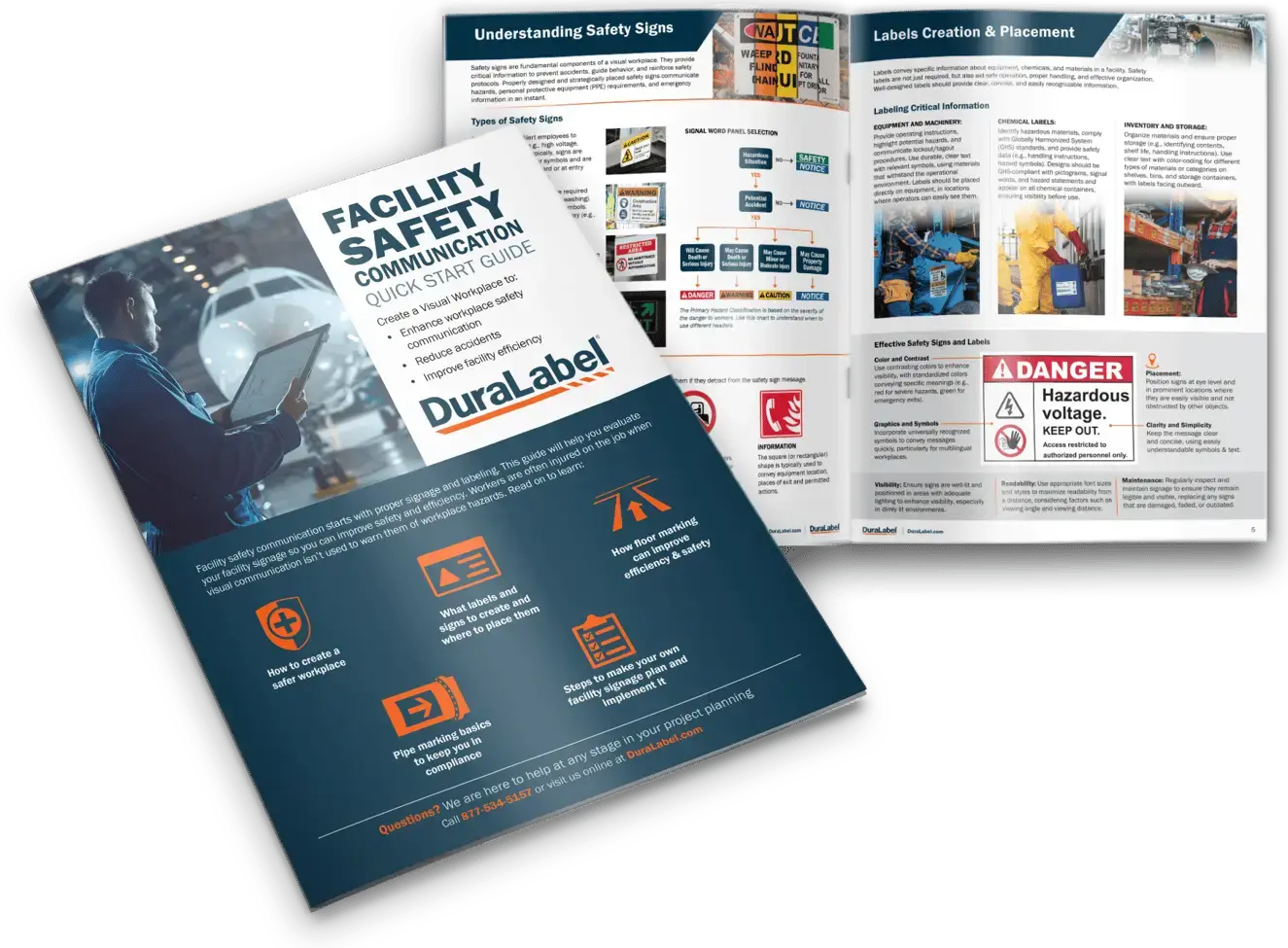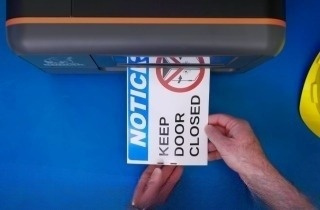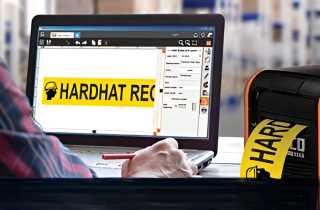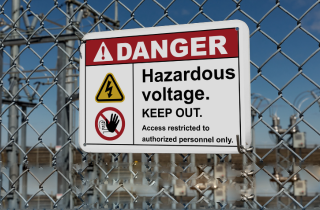OSHA Expedites Occupational Safety Cases and Protects Whistleblowers
.webp)
Referred to as the "Expedited Case Processing Pilot," the program launched in early August from OSHA's regional office in San Francisco, which oversees California, Nevada, Arizona, Hawaii, the islands of American Samoa, the Commonwealth of the Northern Mariana Islands, and Guam. The agency will now allow complainants to request judicial review from the Office of Administrative Law Judges to speed up the process, because, as the agency stated in a press release: "The department acknowledges that OSHA's investigation process can take time, and complainants may be able to receive a determination more quickly without losing their rights to a hearing by electing to expedite OSHA's processing of their claims."
OSHA Involved in Recent Whistleblower Retaliation Case
In one recent retaliation case, an office worker at a national pallet company maintained she had personal health concerns related to mold exposure. The mold, growing behind a filing cabinet, was found by a consultant to be Stachybotrys mold, both toxic and neurologically damaging, and has been attributed to causing Sick Building Syndrome. As well as a health risk, the moisture was also posing a potential electrical hazard.
The consultant recommended the mold to be removed immediately. Despite repeated requests to remove the mold, and reports to OSHA between April and June 2014, the fungus remained. The complainant, however, did not, as she was subsequently fired in July, less than three weeks after she complained about her health concerns, all of which is documented in a public OSHA case file.
OSHA administrator Richard Mendelson said the company's "refusal to take immediate action to eliminate what was confirmed to be a serious mold hazard left its employees at risk of developing a chronic health condition?They also retaliated against the employee who alerted the company and OSHA to the hazard."
In the end, the U.S. Department of Labor ordered the company to pay the employee $105,000 to settle the claim. Because this is a recent case, the effect it will have on U.S. workplaces is still unknown. However, it stands to reason that employers knowing about hazards like mold will likely take notice and not retaliate in the form of firing, especially in light of a $100,000 price tag.
Whistleblowing Can Make the Workplace Safer for Everyone
According to OSHA's Whistleblower website, whistleblower statutes protect workers from retaliation, and legally, "an employer cannot retaliate by taking ?adverse action' against workers who report injuries, safety concerns, or other protected activity."
In fact, the site says, "since passage of the OSH Act in 1970, Congress has expanded OSHA's whistleblower authority to protect workers from retaliation under twenty-two federal laws. Complaints must be reported to OSHA within set timeframes following the retaliatory action, as prescribed by each law."
While the Expedited Case Processing Pilot continues to be monitored, people wishing to submit claims to expediting cases need to ensure their cases meet certain criteria listed on OSHA's site.
In the meantime, employees who believe they have been retaliated against may file a complaint with the Secretary of Labor to request an OSHA Whistleblower Protection Program investigation. Detailed information on employee whistleblower rights is available at http://www.whistleblowers.gov.
Duralabel Has Many OSHA Resources Available
Duralabel has a number of resources on its website regarding OSHA safety and compliance, including helpful information such as infographics on OSHA Fall Protection Standards. We also offer a free OSHA Safety Sign Guide.
Related Resources

1910 138 Hand Protection
Examples of injuries to your employees' arms and hands are burns, cuts, electrical shocks, amputation, and ...
Read
Updates to OSHA's Recordkeeping Rule
OSHA requires record keeping of severe injuries. This help employers recognize workplace hazards and correct ...
Read
OSHA 29 CFR 1926
Construction is a high hazard industry, with unique situations and hazards, and it employs more than six ...
Read.png)





